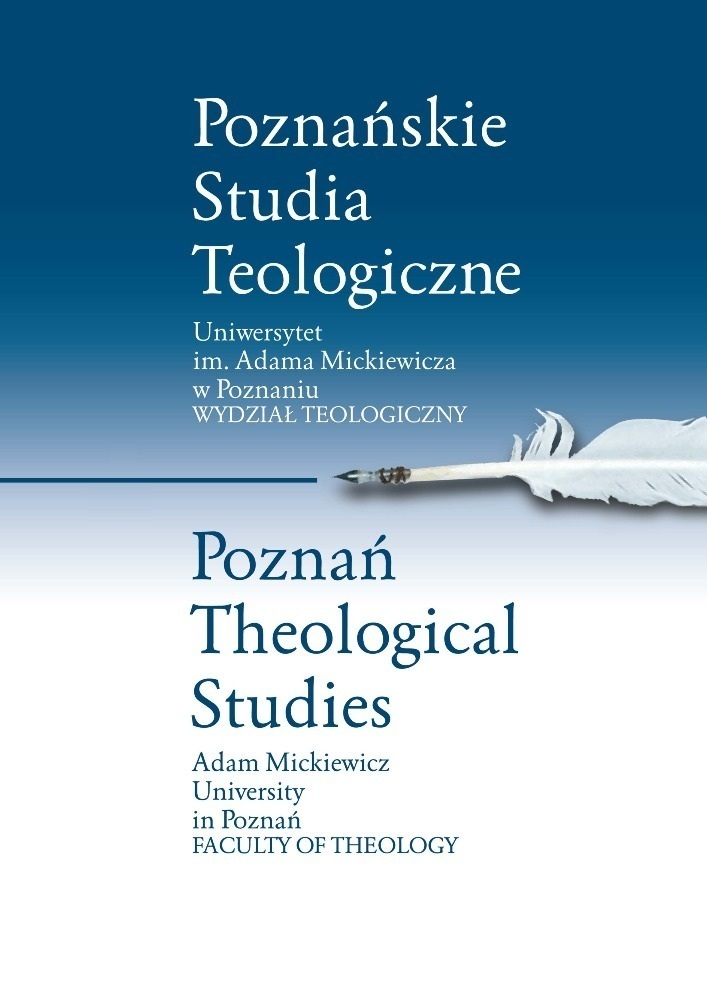Abstract
According to Joseph Ratzinger/Benedict XVI, while considering all the differences involving the origin and forms of atheism, agnosticism and antitheism, their common denominator is lack of humbleness. Pride prevents people from encountering God who, in fact, might always be recognized. It is not the faith itself, but lack of faith that is contrary to nature. Therefore, the dialogue with atheism, although carried out of respect for men, demands the full truth to be revealed about the definitive and objective evil of godlessness, which inevitably leads to the culture of death. Contemporary negation of God makes use of philosophical, scientific, psychological and social reasoning, intensely deterministic and marked by moralism, in which only immanent natural and historical processes are taken into consideration. Consequently, men have nothing else to do than to disastrously put the world in order only at their own discretion, bound by sin, to achieve worldly benefits. The result is an irrepressible attack on the Church which calls to conversion, secularism with modern roots and spiritual emptiness (boredom) that fills people with a sense of meaninglessness and hopelessness.Lizenz
Copyright
© 2014 Uniwersytet im. Adama Mickiewicza w Poznaniu, Wydawnictwo Naukowe UAM, Poznań
OPEN ACCESS
